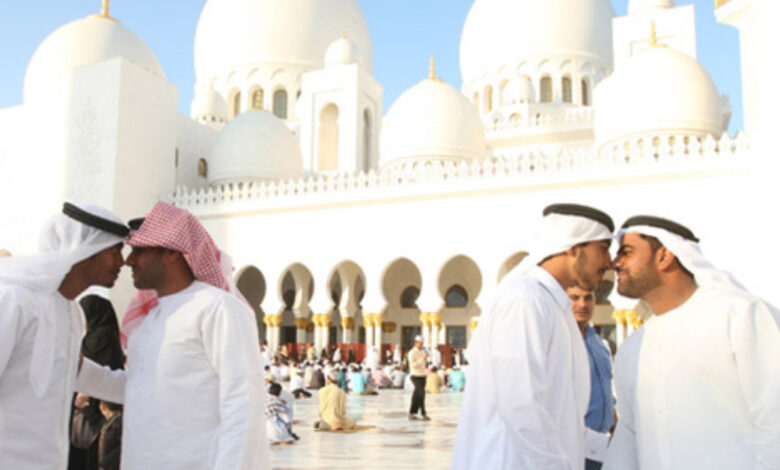UAE Eid ul Adha Holidays 2024 Announced as Dhul Hijjah Moon is Sighted

The UAE Eid ul Adha holidays 2024 anticipated with the sighting of the crescent of the month of Dhul Hijjah 1445, which beautifully captured in a photograph taken from Abu Dhabi on Friday, June 7. Shared on social media by the UAE’s Astronomy Centre, the image captured by the Al-Khatim Astronomical Observatory at 10 am UAE time (6 am GMT).
This sighting holds special significance for UAE residents as it marks the beginning of preparations for Eid Al Adha. According to the government’s official list of public holidays, UAE residents can anticipate one day off for Arafah day and three days off for the joyous occasion of Eid Al Adha, marking the UAE Eid ul Adha holidays 2024.
Traditionally, Islamic countries herald the start of the month of Dhul Hijjah and the upcoming celebration of Eid Al Adha through local moon sightings. Just a day before, on Thursday, June 6, the crescent moon spotted in Saudi Arabia, signaling the commencement of Dhul Hijjah.
As the Supreme Court of Saudi Arabia declared, the month of Dhul Hijjah began on Friday, marking the start of significant religious observances. The pinnacle of these observances, the standing at Arafat, scheduled for Saturday, June 15, 2024.
However, variations in moon sightings observed across different regions. In Oman, for instance, the crescent moon indicating the beginning of Dhul Hijjah not sighted on Thursday evening as per HW research. Consequently, Monday, June 17, will observed as the first day of Eid Al Adha in Oman.
Eid Al Adha, also known as the Feast of Sacrifice, holds profound spiritual and cultural importance for Muslims worldwide. It commemorates Prophet Ibrahim’s unwavering faith and willingness to sacrifice his son as an act of obedience to Allah’s command. The festival embodies the spirit of sacrifice, generosity, and community.
During the UAE Eid ul Adha holidays 2024, Muslims perform special prayers and partake in the symbolic act of animal sacrifice, typically involving a goat, sheep, cow, or camel. This ritual serves as a reminder of Prophet Ibrahim’s ultimate test of faith and Allah’s provision of a ram in place of his son for sacrifice.
Source link